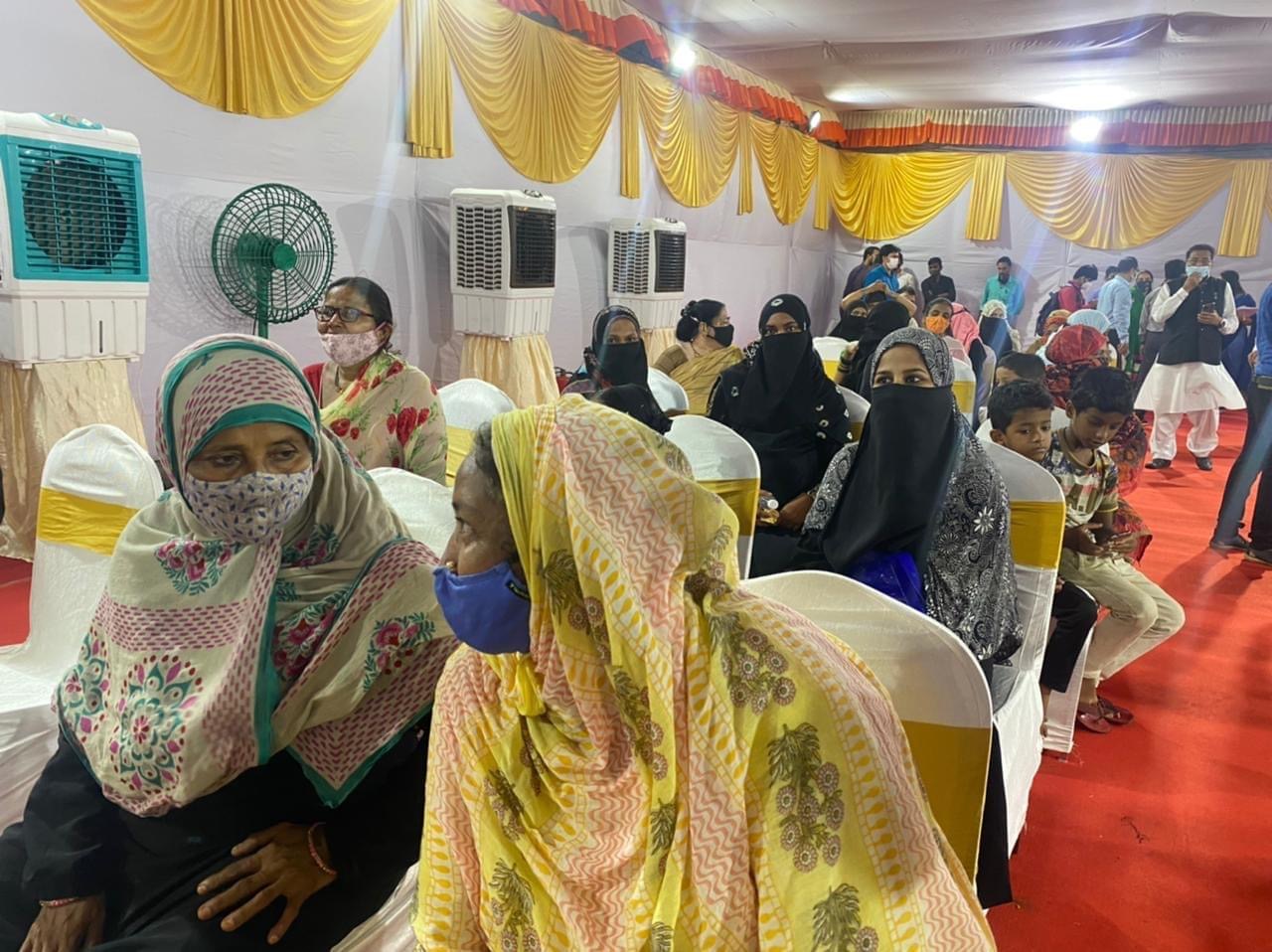The topic of Uniform Civil Code (UCC) dates back to the colonial period and later made its presence felt during post-independent India era where mostly women representatives in parliament, B.R. Ambedkar and Jawahar Lal Nehru spoke in favor of it. However, due to lack of consensus, UCC was introduced under Article 44 of the Directive Principles of State Policy (DPSP) that said, “The state shall endeavor to secure for the citizens a uniform code throughout the territory of India.”
It again captured people’s attention and emerged as a critical topic on India’s political horizon following the Shah Bano case in 1985. Shah Bano’s case was not only a setback to gender justice but also can be considered as a historical tragic episode that changed Indian polity forever. Instead of following constitutional morality to ensure individual liberty, equality without any discrimination, Muslim Personal Law was prioritized with its archaic interpretation and sabotaged any hope for Muslim women to access their constitutional right to be equal.
While the criminal laws in India are codified and are uniformly applicable equally to all regardless of identity, gender, civil law is divided into personal laws that cover marriage, divorce, maintenance (alimony), inheritance and adoption. All of these matters related to women are governed by personal laws and that brings the important question to the table – are personal laws oppressive to women?
Personal laws are discriminative against women
There is no denying that personal laws based on patriarchal wisdom are discriminatory to various degrees but truth to be told there is no comparison of Muslim personal laws with other personal laws since the former never underwent any reform.
Let’s have a look at Muslim personal laws:
- Marriage – Muslim personal law allows polygamy means a man can have more than two wives.
- Divorce – Dissolution of marriage can be done by three methods: talaq(man), Khula(woman) and Mubarat (mutually). While a man can pronounce talaq to the woman and dissolve marriage, women have to still seek divorce under Khula that is depending either on the consent of the husband or on the verdict of the qazi. There is a provision of talaq-e-tafweez where a woman or third party can pronounce talaq but only if man delegates this power to them by agreement.
- Inheritance – A son inherits double the share of a daughter from their parental wealth. The wife gets one-eighth in case there are children and one-fourth share if there are no children while the husband inherits one-fourth in case of children and a half without them. Since Muslim personal laws allow polygamy, the one-eighths share would be divided equally among wives in case the husband has more than one wife.
- Maintenance – A woman is only entitled to maintenance during the iddah period by her former husband. Iddah or iddat is the time period a woman cannot marry and follow certain rituals after the death of husband or divorce.
- Guardianship – It is called Hizanat which is more than just custody (physical procession). Mother is not a natural guardian of the child but she has the right to custody until the child attains a specific age but the father remains natural guardian of the minor and take decisions of his/her upbringing.
This is just the tip of the iceberg and does not cover the whole spectrum of discrimination that Muslim personal laws display. Not only do personal laws reflect the notions of patriarchy but also violate the fundamental rights enshrined in the constitution itself.
UCC can be watershed for women, especially Muslim women-
Unlike Muslim personal law, other personal laws are reformed to a varying extent and the Hindu code bill is the most reformed. Challenges still do exist for women from other communities of India.
For example, under Christian divorce laws men can obtain a divorce based on adultery. However, women cannot have a divorce just on the grounds of adultery. A Parsi woman marrying a non-Parsi man loses property rights and the same does not apply to a Parsi man marrying a non-Parsi woman. Similarly, Section 6 of the Hindu Minority and Guardianship says that the father is the primary natural guardian.
UCC can be an answer for all these discriminations against women and a ray of hope for Muslim women who are looking for justice and are too afraid to speak up. Muslim women were asking for the codification of Sharia, some even came up with a demand for Model Nikahnama by the state since marriage (Nikah) is a contract in Muslim society but to no avail.
The truth is All India Muslim Personal Law Board (AIMPLB) was governed by men and recently after a long battle and pressure, women’s wing was formed in 2016. Expecting a regressive organization like AIMPLB to support legal reformation and ensure women’s rights is impractical and only the state can secure women by providing a uniform civil code consistent with its democratic, secular declaration.
UCC will not only provide gender justice but will also ensure the incorporation of any further amendment with time without any interference of the respective regressive section of communities.
As an Indian Muslim woman, I wonder why am I considered a stepdaughter of the nation? Why am I not entitled to have the same legal protection as my nation’s Hindu sisters? I will keep asking this question till our right as a free Indian woman isn’t met.
(Amana Begum Ansari is a research and policy analyst)
[Disclaimer: The opinions, beliefs, and views expressed by various authors and forum participants on this website are personal.]











This is really a good article